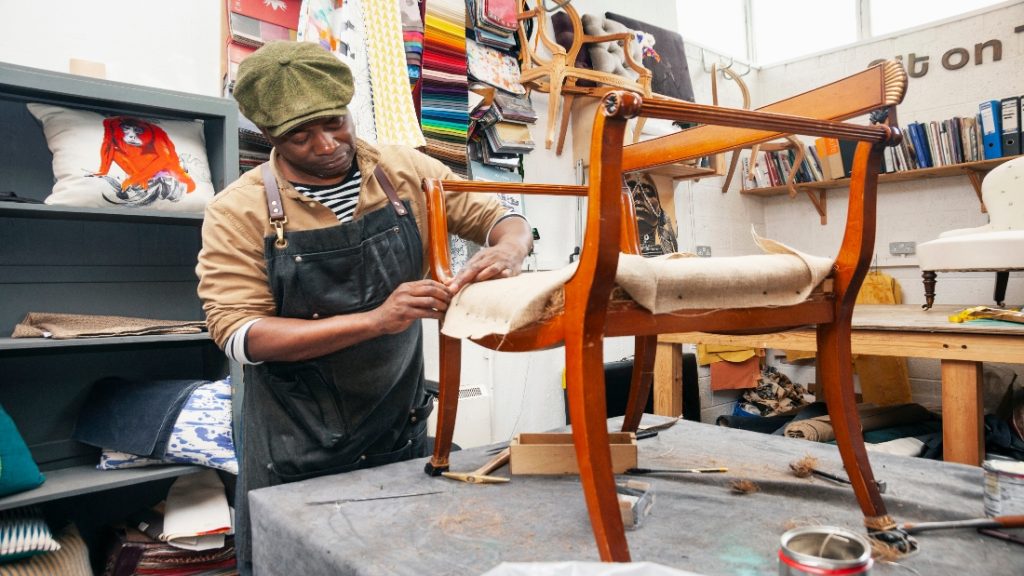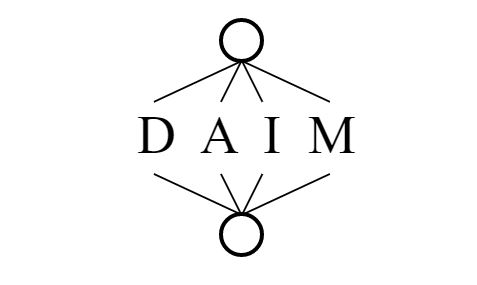3 June 2024| Online
This roundtable, organized by the University of Hull, brings together about 35 experts from different backgrounds and disciplines to discuss the implications of managing intellectual property rights and considering artificial intelligence technologies in the context of intangible heritage inventorying in the UK. The aim of the roundtable is to outline key issues, set out some areas for further investigation, and start the process of developing a network of experts in this area.
Artificial intelligence (AI) tools are already being widely used in society and commercial environments, as well as in the culture sector. Many AI models are trained on cultural data from museums and archives. The British Library’s Mia Ridge recently published an article for the Museums Association saying “AI literacy is an important part of good governance. … People need a solid understanding of where biases are likely to appear, how to review and contest decisions made by algorithms and where sharing data might have privacy or legal implications, so that they can make good decisions about the products they buy or implement. It also helps people plan so that AI tools enhance jobs, rather than attempting to replace them.”[1]
Inventorying intangible heritage under the UNESCO 2003 Convention is different in many ways from managing museum and archival collections, of course. Nevertheless, a better understanding of AI and intellectual property (IP), is also very important for ensuring that inventorying contributes to safeguarding. The topics of AI and IP are not often discussed in the intangible heritage sector, and regarding inventorying processes.
Intangible cultural heritage, such as traditional crafts, foodways and oral expressions, has received increased publicity in the UK since the end of December 2023, when the Department for Culture, Media & Sport announced plans to ratify the 2003 Convention, and began consultations on its implementation. UK ratification of the Convention will become effective on 7 June 2024. One of the key obligations under the Convention involves inventorying of intangible heritage in the country to support safeguarding (i.e. ensuring current and future practice and transmission), according to its Ethical Principles.
The UK has several existing inventories, including the Red List of Endangered Crafts and an inventory of ICH in Scotland and is planning an inventory at the national level. While there is guidance on undertaking inventorying processes from UNESCO, there has been relatively little in-depth discussion in the ICH field about how to manage intellectual property rights in inventorying processes (such as copyright in documentation), within the framework of community involvement, participation and consent. Conventional intellectual property rights do not generally cover intangible heritage practices or products as such.
Artificial intelligence technologies present some intellectual property challenges, especially for the creative industries; both sectors are policy priorities in the UK. Artificial intelligence technologies may have positive and negative impacts on intangible heritage safeguarding, the livelihoods of practitioners and ways of working with cultural heritage sector data. Even if AI tools are not useful for inventorying as such because of bias in underlying data or other factors, inventorying in the age of AI may affect practitioners differently because of new uses of online data. Inventorying can help intangible heritage practitioners better manage their data online and provide authoritative sources of information in the age of easily-generated misinformation. We therefore need further debate about how to ensure that intangible heritage inventorying in the UK contributes to safeguarding in the current context.
[1] https://www.miaridge.com/museums-association-article-on-getting-to-grips-with-artificial-intelligence/

Event details
Save the Date: 3 June 2024
Time: 9:45am-4:45pm
Attend online to listen and post questions online during the session by registering here.

Header Photo credit: Katharine Coleman, copper wheel engraver – photo by David Coleman. Image courtesy Heritage Crafts Association.




